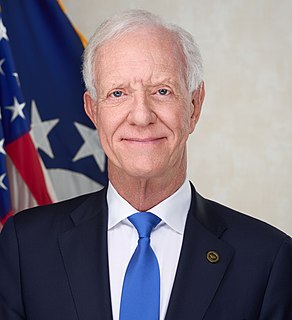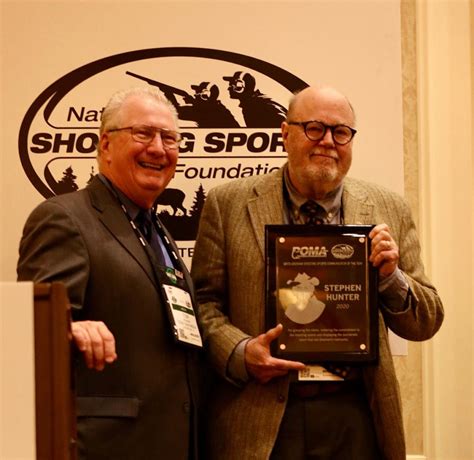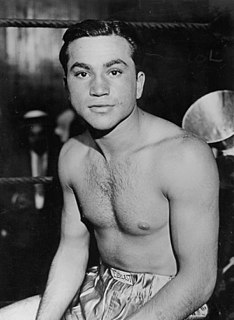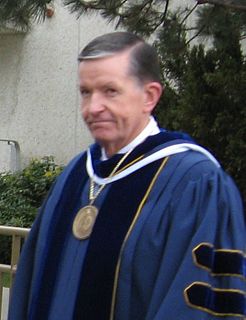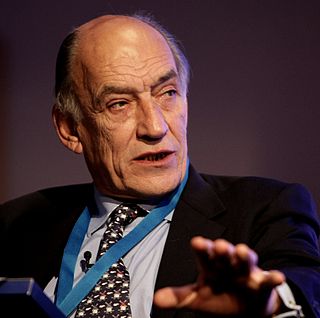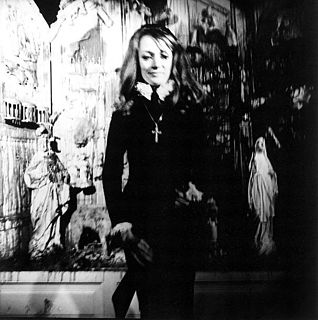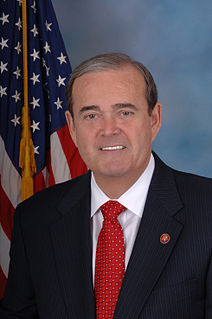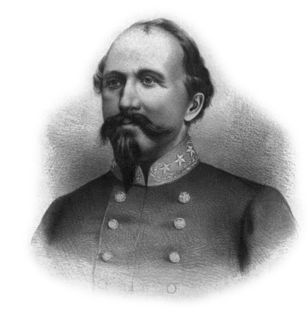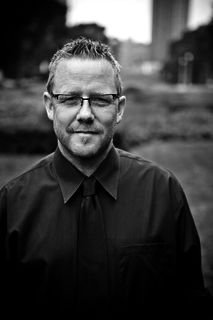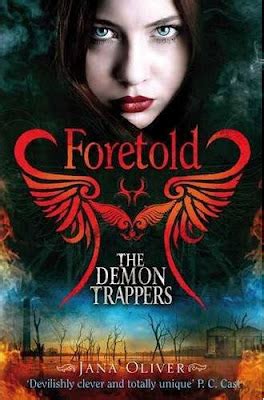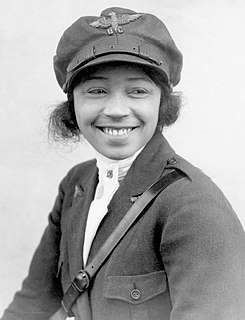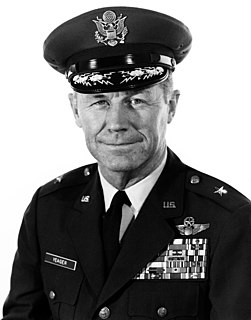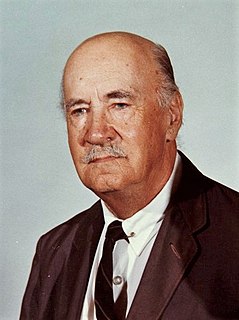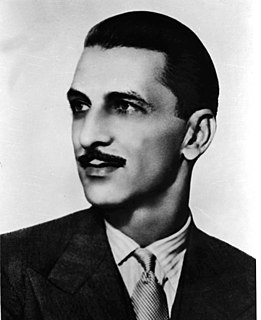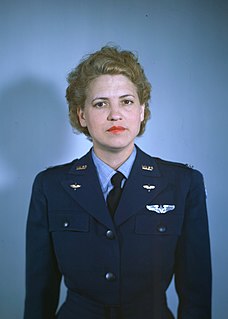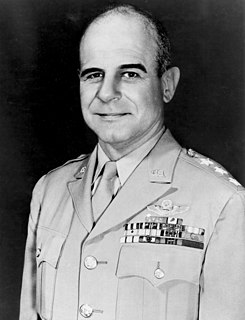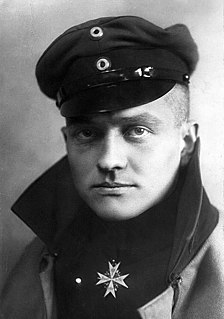A Quote by Chesley Sullenberger
My father volunteered in early 1941, before Pearl Harbor, and became an officer in the U.S. Navy. As I was growing up, he taught me the responsibility of command: A leader is ultimately responsible for every aspect of the welfare of people under his or her care. That was a deeply felt obligation in his generation.
Related Quotes
Jesus Christ was the only one capable of performing the magnificent Atonement because He was the only perfect man and the Only Begotten Son of God the Father. He received His commission for this essential work from His Father before the world was established. His perfect mortal life devoid of sin, the shedding of His blood, His suffering in the garden and upon the cross, His voluntary death, and the Resurrection of His body from the tomb made possible a full Atonement for people of every generation and time.
One practical point many experts will attest to is that if you want to develop someone as a leader, give them lots of responsibility early in their lives and careers. The military does that. I can remember being officer of the deck on a destroyer, on watch and in charge at two in the morning as we plowed through the Mediterranean while 300 shipmates slept below decks. I was 25 at the time. I don't know how much of a leader I ever became, but the experience certainly brought home to me a sense of responsibility for others.
